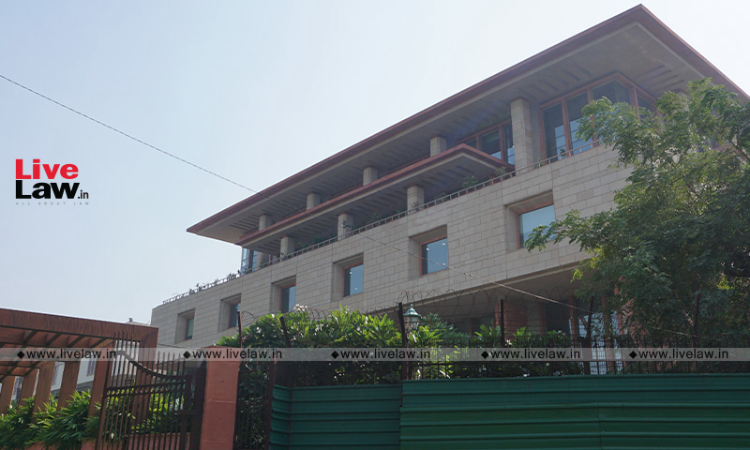The Delhi High Court has clarified that the phrase "first learns" used in the Limitation Act 1963 vide Articles 68 and 91(a) in its Schedule means "actual knowledge" of misappropriation and not merely "speculative knowledge."Limitation under Article 68 pertains to specific movable property lost, or acquired by theft, or dishonest misappropriation or conversion. The period of limitation is...

